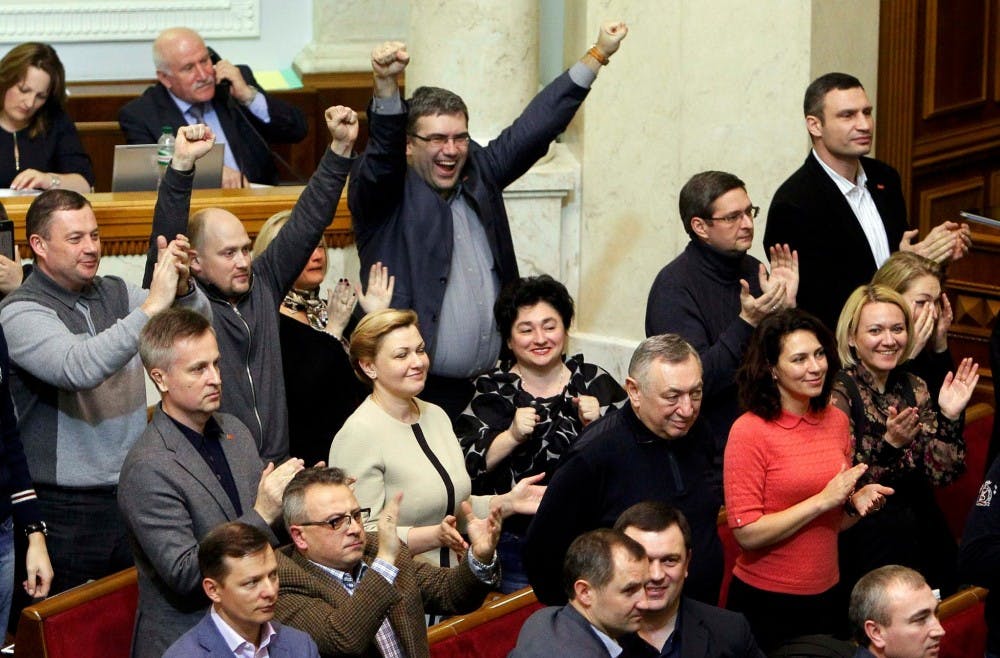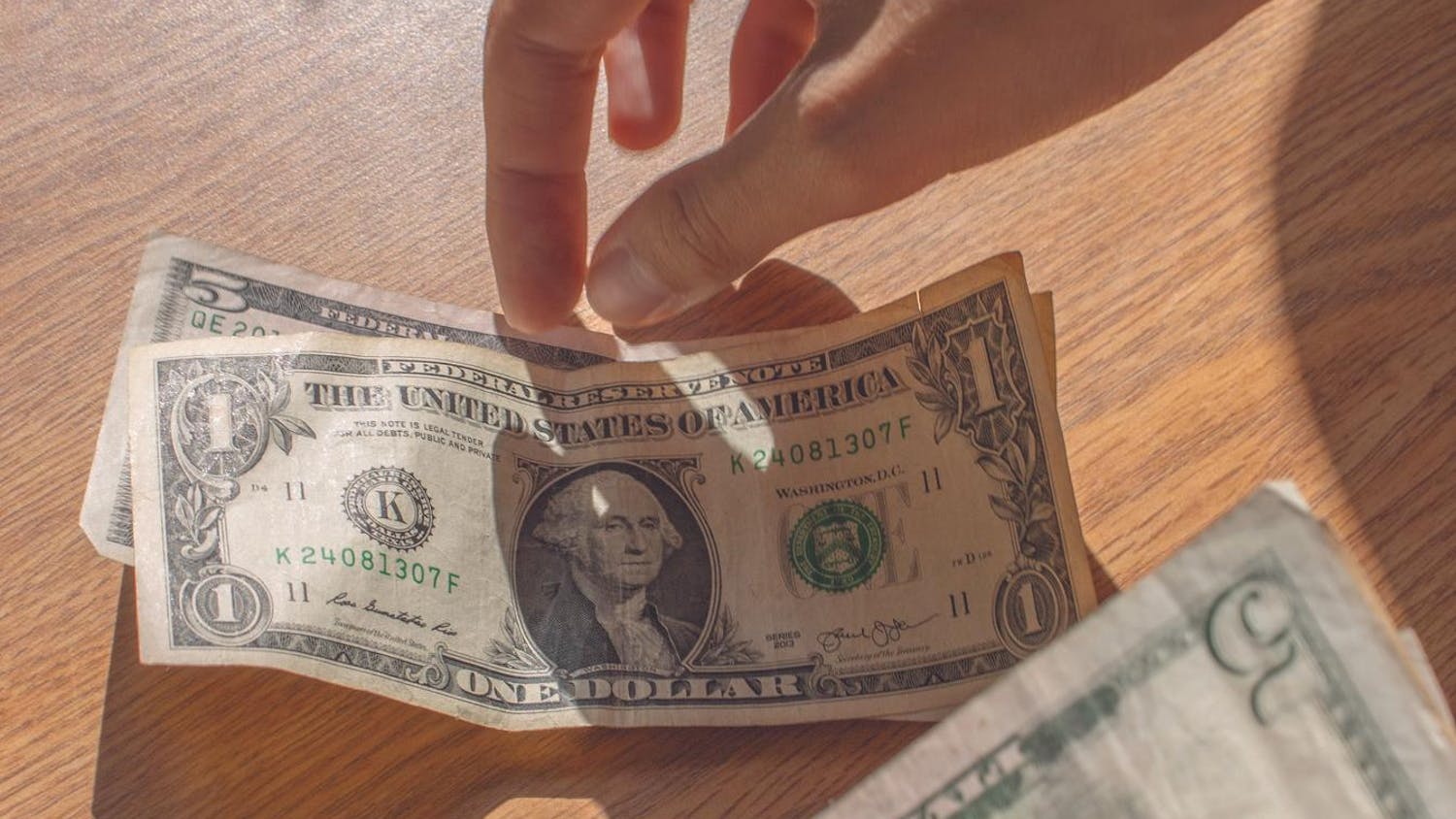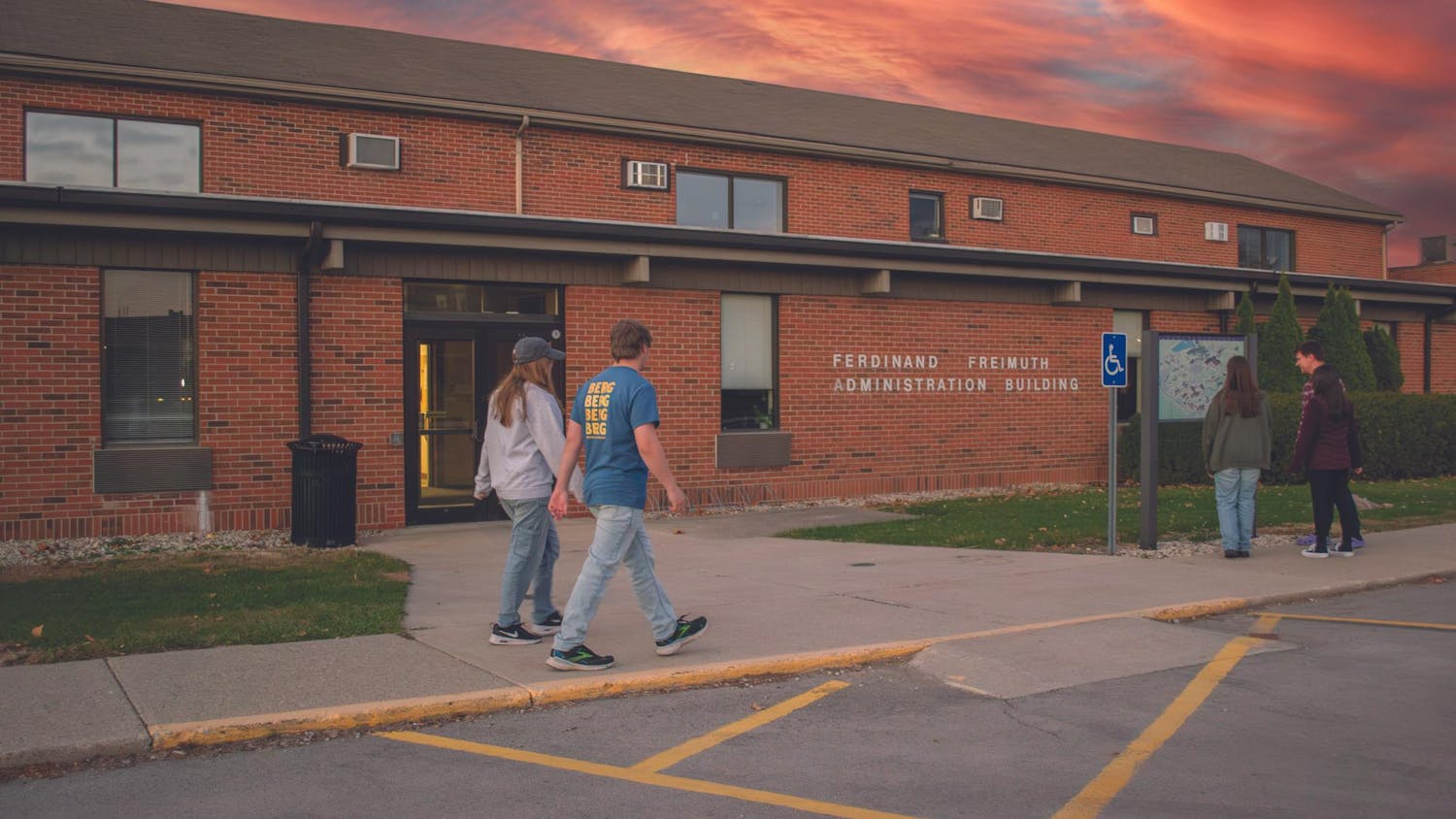By E. Patrick Neer | Echo
Ukraine's President Yanukovich has fled the capital of Kiev. This marks not the end, but only the beginning of the nation's struggle towards an economically stable and democratic society.
"It is like you severely cut your leg. If you just rely on a rag to stop the blood, then infection or worse damage will be done to the leg," Taylor Freshman Ashley Burkett explained.
"Ukraine is in this situation."
Ashley Burkett's life became intimately connected with Ukraine when her family moved to the country 13 years ago as missionaries through SEND International.
Although Burkett is now a student, her family still currently lives in Ukraine. In fact, her mother was attending classes at the Kiev Theological Seminary when the anti-government protests in Kiev became violent in the third week of February.
Ukraine has been experiencing protests for four months, but February 20 proved to be the bloodiest day so far, with opposition figures reporting over 70 killed and nearly 600 wounded, according to Al-Jazeera. The following day, Yanukovich's government signed an agreement that promised to meet two of the opposition's main goals: early elections and constitutional reform.
This did not put a stop to the protests, however, which raged in Kiev's Independence Square- across the river from where Burkett's mother was staying. Any attempt to leave would have taken her through Independence Square.
"It was very difficult to know that my mom was stuck in Kiev," Burkett said.
"I would occasionally hear from her. She would talk about how people would be shouting, horns honking, grocery stores were running out of essentials."
After a week in the embattled capital, Burkett's mother was able to take advantage of a lull in the violence to leave Kiev for her home in Lutsk.
A few days later, on March 1, President Yanukovich fled Kiev for the eastern border town of Kharkiv, according to the New York Times.
"I don't plan to leave the country. I don't plan to resign. What is happening today, mostly, it is vandalism, banditism and a coup d'état. . . . I will remain on the territory of Ukraine," Yanukovich said in a televised address from Kharkiv.
All sides, pro-Russia, pro-EU and those in between, share contempt for Ukrainian president Victor Yanukovich. His opponents have branded him a coward for fleeing the capital, and even his supporters have talked of his inglorious end, calling him "pathetic," according to a report from the New Yorker.
Former Prime Minister Yulia Tymoshenko has been released from prison in the aftermath of Yanukovich's disappearance, and is favored by many as a possible new president for Ukraine. Not all in the opposition support her political rebirth, however. Her term as Prime Minister was marked by corruption, leading some to worry that as President, the Ukrainian people could expect more of the same, the New Yorker reported.
"Many people are overjoyed and relieved to finally be free of Yanukovich," Burkett said. "But there is still a lot of fear and tension of what will happen next."
The protests have affected all of Ukraine, not simply political activists. Ukrainians are also divided on what the nation's key issues are and how to resolve them.
"Where I live, on the western side, the people of Lutsk are excited to see the fall of the presidential corruption," Burkett said. "However, in other southern and eastern cities, they see the protests against the President as being a threat to Ukraine's alliance with Russia politically and economically."
Burkett pointed out that for many Ukrainians, they see their primary role in this political transition to be one of prayer. Churches gather together to pray for wisdom within the government, and comfort for the families who have lost loved ones in the violence. They also provide tangible assistance in Kiev and other cities, gathering to hand out hot tea and Bibles, and pray with those in mouring.
"Ukraine is like a raw wound. Desperately in need and desperately seeking hope," Burkett said.





